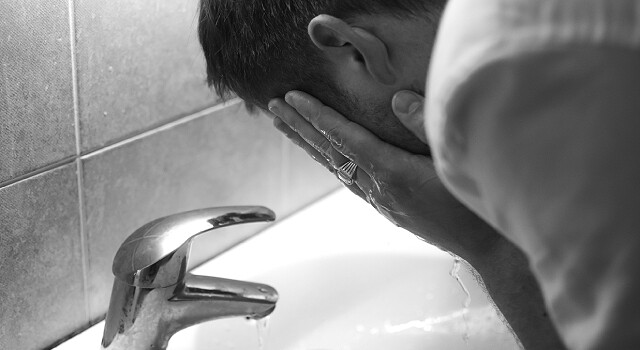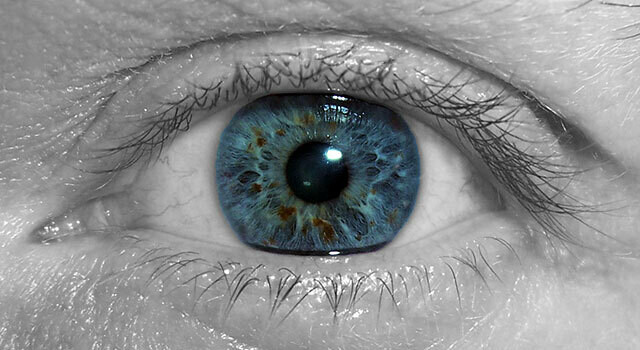Stay up to date on the latest vision and optometric news and events from Lionsgate Optomerty & Optical in North Shore, serving North Vancouver and West Vancouver, BC.

While many people turn to tap water to rinse their eyes, it may not always be safe. Find out when to use water, and what to use when you can't!

Did you know that your eyes are often the first line of defense when it comes to detecting and treating many common systemic diseases and conditions? It's true!

The struggle against dry eye every winter is real. Fortunately there are eye treatments and home remedies to relieve symptoms.

Having an autoimmune disease like Sjogren's syndrome, rheumatoid arthritis or lupus can affect your tear production and eye health.
